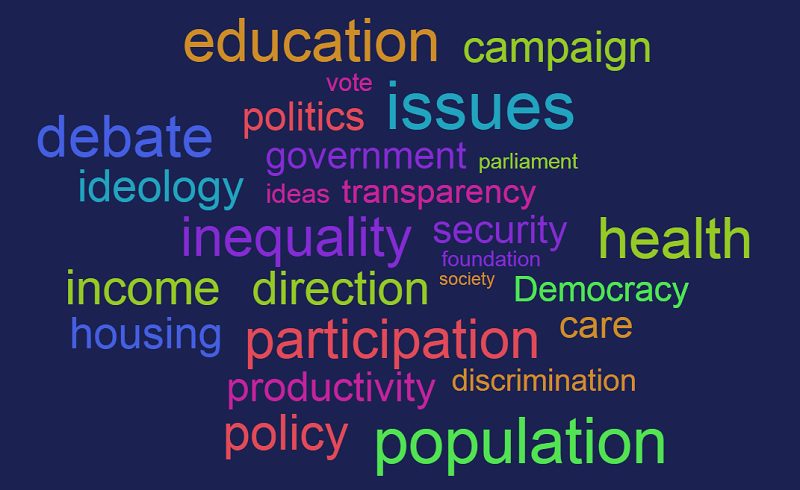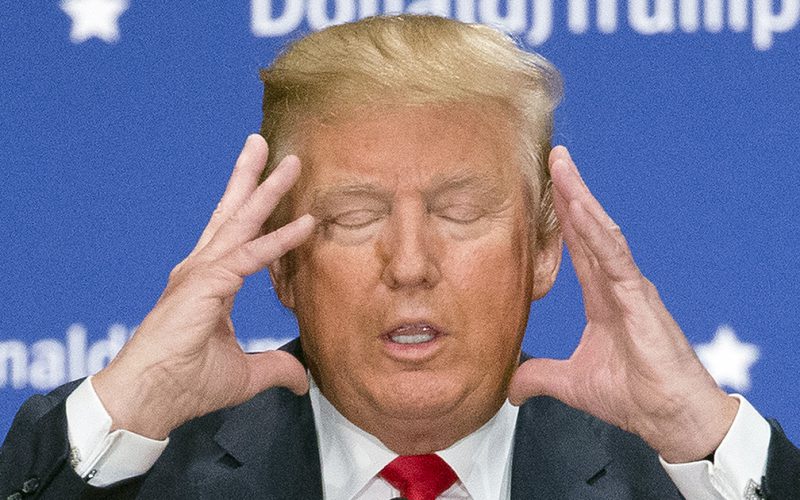My Fellow Democrats, We’re Becoming the Party of Freer Markets (Try Not to Faint)
by D.J. McGuire
When I chose to become a Democrat (a few hours after Trump was declared the victor of the presidential election), I expected a difficult period of adjustment. I’d left the GOP six months earlier, but leaving one major party and switching to the other one are two very different things.
Of course, Trump had ensured the two parties had flipped their supposed positions on national security. Those who have listened to the More Perfect Union Podcast since November 2016 are well aware that my opposition to Bashar Assad’s Syrian regime was what led me to vote for Hillary Clinton in the first place. Trump’s behavior towards Vladimir Putin in particular has made it far easier to be a conservative Democrat than I thought possible – not that it makes up for the damage to the free world. What I assumed would cause the largest headache was watching my old party on economic policies (where at least in theory they preferred freer markets) while my new one clung to its instincts for greater government intervention.
Nearly two years later, much to my surprise, that isn’t what I’m seeing. Sure, the Democrats are clearly moving leftward on health insurance, but they’ve moved in the opposite direction on freer trade (the voters far more dramatically than the elected officials).
Meanwhile, the Republicans…oh, dear. The party has largely swallowed whole Trump’s rampant protectionism, either lapping up tariffs as the great panacea or naively telling themselves it’s all about getting “better deals” – never mind that the only two agreements Trump has reached are either worse than the status quo (Mexico) or no longer operative according to Trump (the EU handshake).
Meanwhile, Trump has also spent time whacking the Federal Reserve for raising interest rates, even complaining to Bloomberg about how he couldn’t depreciate the dollar for his trade wars because the Fed wouldn’t play ball.
Then came the social media wars. At first, I figured Laura Ingraham insisting on turning Facebook and Twitter into public utilities was just an extreme one-off. I was wrong (CNBC).
U.S. Attorney General Jeff Sessions will meet with state attorneys general later this month to discuss concerns that tech companies “may be hurting competition and intentionally stifling the free exchange of ideas on their platforms,” the Department of Justice said in a statement Wednesday.
The proposed meeting between the country’s top prosecutor and state officials is the first major signal of potential antitrust action against Silicon Valley and follows recent claims by President Donald Trump of political bias and censorship by major social media firms.
Here’s what Sessions’ Justice Department had to say:
“We listened to today’s Senate Select Committee on Intelligence hearing on Foreign Influence Operations’ Use of Social Media Platforms closely. The Attorney General has convened a meeting with a number of state attorneys general this month to discuss a growing concern that these companies may be hurting competition and intentionally stifling the free exchange of ideas on their platforms.”
Keep in mind, the hearing was supposed to be about how foreign intelligence uses social media to influence the American people. Instead, the DOJ is all about government mandates (or worse) about “political bias”.
If the Republican Party continues on this course (and given that Trump is pushing the matter, this is very likely), then it will become the party of nationalizing Silicon Valley, the party of putting America’s most dynamic and fastest growing sector under government control.
Michael Lind once pondered, in Politico, that “The Democrats of 2030 may be more pro-market than the Republicans.” At the rate the GOP is going, despite the desire of many Democrats for government-monopoly health insurance, the switch will come much sooner than 2030. Indeed, one could argue it’s happening right now.
So be prepared, my fellow Democrats, and try not to faint.
D.J. McGuire – a self-described progressive conservative – has been part of the More Perfect Union Podcast since 2015









